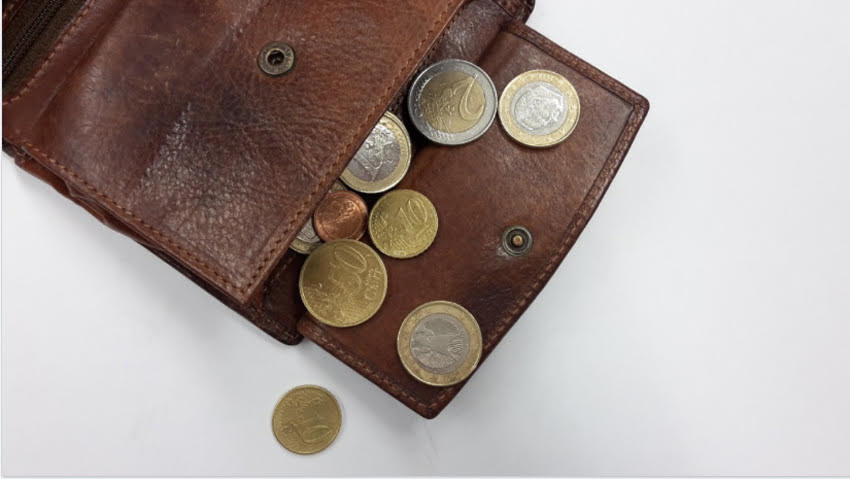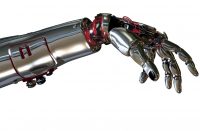“Universal basic income” is being suggested by many on the left, as well as the right, as a solution to world inequality and poverty.
It’s been doing the rounds for a number of years now as a way of creating a fairer and more equal society. It has been tested in a number of countries for a limited number of people, typically between 1,000 and 5,000. Most of the trials were on people who were unemployed or on very low incomes.
The idea is that every citizen would get the payment whether they were employed or unemployed. For the unemployed it would replace unemployment benefit, the difference being that this payment would continue after getting a job. The intention is that this would improve the living standards of these very low-income earners; in reality it facilitates the payment of poverty wages. It actually subsidises rogue employers and encourages them to boost profits on the back of low wages.
It also abandons the social contract between the state and the citizen, as now the state would give all its citizens UBI instead of providing a health service, a proper education system, public transport, etc.
This is the ultimate plan. All these services would be done on a pay-as-you-go basis and would be fully privatised and run for profit, instead of a service for looking after the health of our citizens. Instead of paying for all these services in the annual state budget there would be just one sum allowed to each citizen: one amount to replace all the socially beneficial departments of the state as they stand today.
UBI is basically the privatisation of all state services under the guise of a cash payment for all citizens. In the past, a similar choice was made with universal child benefit, whereby the state makes a payment for the benefit of every child in the country. It sounds good, and fair, but in doing this it abandons the care of children to the private sector, which makes massive profits from it and leaves some people working for little else than the payment of the extortionate rates demanded.
The alternative could have been the state providing universal, safe child care, where every child had a good standard of care available to them as a right, instead of subsidising private child care through children’s allowances.
Who does UBI benefit? The answer is quite clear: the capitalist class, in that it would put all the state services into private hands, so that they could make profit from people’s health, education, etc.
The wealthy already pay for private health and education; so now they would get a payment, by way of UBI, to subsidise their fees.
Universal basic income? More like a universal basic con-job, as it would mean a smaller share for ordinary working people and a bonanza for the capitalist class. Instead of removing inequality it would have the opposite effect. Like the policy of “austerity,” the aim of UBI is the transfer of wealth from the poorest to the wealthiest.
In trials, the average payments varied around the €500 per month mark. There has been no suggestion of what it might be in Ireland.
Would it be possible to introduce UBI in a fair way? Maybe. If all the wealth created by the people of Ireland could be divided by the number of people in the country, that would certainly see an end to inequality, as that wealth is created by all our people and should be shared by them.
But even if this was done, would it pay all the debts and repair the damage done by capitalism in the accumulation of this wealth? The answer is No, because it ignores the slave wages paid in the global south in the production of most of the products bought and sold here. It could not repair the damage being done to the environment, which capitalism plunders and on which it wreaks havoc in its pursuit of profit.
If there was a fair way of introducing UBI it would be by equal distribution of all the global wealth among the whole of humanity—because it’s humanity, and the natural resources provided by this planet, that have produced all this wealth. Of course all the environmental damage would have to be repaired as well.
This will only be done when the means of production are publicly owned and under democratic control so that they are used for the benefit of all humanity; otherwise it would be temporary, as private ownership will only compromise in its pursuit of increasing profits temporarily, and when forced to.
We must always remember that the ruling class always rule in their own interests. When suggestions are made by them as an answer or a cure for poverty, inequality, homelessness, or any of the social catastrophes that the world faces, it will always serve their interests first.
It’s called capitalism.






